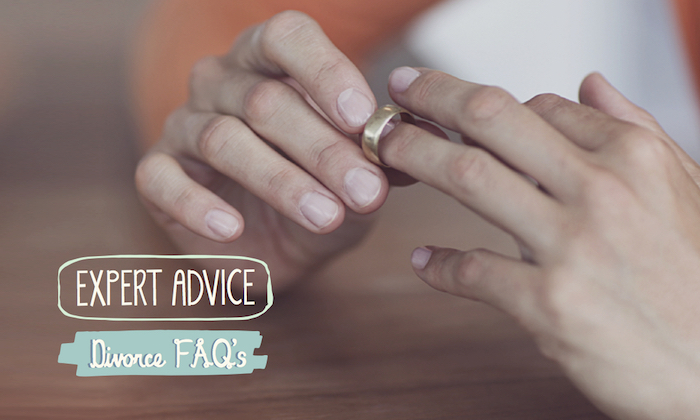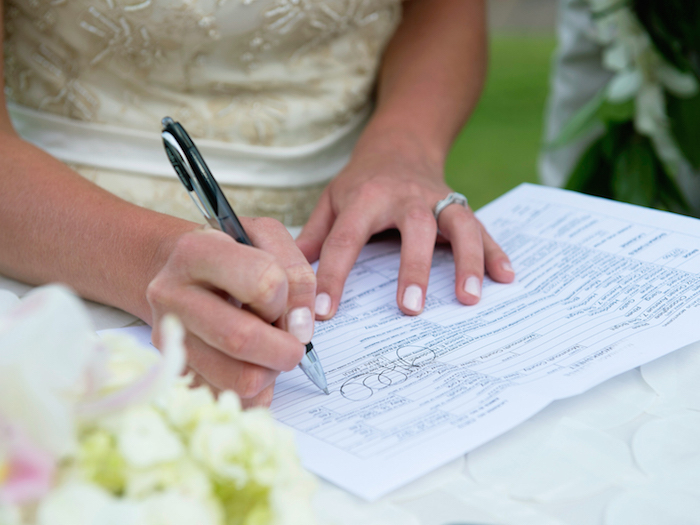
Whether you’re a local or an expat, family lawyer Shu Mei Hoon answers the tough questions facing mamas considering getting a divorce in Singapore
As a family lawyer in Singapore, I have acted for many individuals in highly distressed situations. I hope that these FAQs will help you gain some clarity.
My husband and I are experiencing marital problems. What are our options? Can we get divorced in Singapore even though we registered our marriage overseas?
We would encourage all couples to attend marriage counselling prior to contemplating separation or divorce. If you are still unable to resolve your differences, you may be able to obtain a divorce or a judicial separation from the Singapore Court.
Generally, expats can apply for a divorce or a judicial separation in Singapore if they are ‘domiciled in Singapore’ at the start of proceedings. This means that they reside in Singapore and have an intention to make it their permanent residence. They can also file in Singapore if they have lived in Singapore for 3 years or more. If they cannot divorce in Singapore, they can check if their home country/countries can accept their case. Alternatively, they can consider other options like entering into a separation deed.

I suspect that my husband cheated on me. What are my legal options?
There is only one ground for divorce in Singapore: an irretrievable breakdown of marriage. The Women’s Charter lists five facts which prove an irretrievable breakdown of marriage:
(a) That the defendant has committed adultery and the plaintiff finds it intolerable to live with the defendant;
(b) That the defendant has behaved in such a way that the plaintiff cannot reasonably be expected to live with the defendant;
(c) That the defendant has deserted the plaintiff for a continuous period of at least two years immediately preceding the filing of the writ and the defendant consents to a judgment being granted;
(d) That the parties to the marriage have lived apart for a continuous period of at least three years immediately preceding the filing of the writ and the defendant consents to a judgment being granted; or
(e) That the parties to the marriage have lived apart for a continuous period of at least four years immediately preceding the filing of the writ.
If you suspect that your husband cheated on you, then depending on the evidence you have, you may be able to file for divorce on the basis of his adultery under paragraph (a) and/or his unreasonable behaviour under paragraph (b) above. It is also common for couples to separate for three years (as in (d) above) prior to one party filing for divorce.

What happens to the children during and after divorce proceedings? I am the primary caregiver of the children.
The Court has the power to place a child in the custody of either parent or both parents. The parent with custody over the child has control and responsibility over the upbringing, education, health and religion of the children. In Singapore, the Courts generally endorse the concept of joint parental responsibility – even where parents harbour acrimony towards each other – and will place children in the joint custody of both parents. The primary caregiver is usually (though not always) granted care and control of the child, and has the right to make day-to-day decisions about the child’s life, with the other parent getting access to the child which will usually range from a few hours to a few days a week, depending on a range of factors which the Courts will assess.
Can I return to my home country with my children? There is nothing keeping me in Singapore.
If you do not seek express consent (in writing) from your spouse, you may be accused of wrongfully removing your children from their state of habitual residence. Singapore acceded to the Hague Convention on Civil Aspects of International Child Abduction and enacted the International Child Abduction Act 2010, which came into force on 1 March 2011. In addition, if a custody order is in place, no one is allowed to bring the children out of Singapore except with the written consent of both parents or permission from Court. If your spouse does not agree to you moving back to your home country with the children, you can apply to the Court for permission.

I signed a pre-nuptial agreement. Are they binding in Singapore? What about a post-nuptial agreement?
Singapore does not automatically recognise pre-nuptial and post-nuptial agreements. Spouses may challenge such agreements as all such agreements are still subject to the scrutiny of the Singapore Court, and they will decide whether and to what extent such agreements should be enforced. The agreement is seen as one of many factors considered by the court in exercising its power when dividing assets.
I don’t work. Can I claim maintenance (child support) for myself and my children? What does the Court look at when awarding maintenance?
Yes, you may. Maintenance is often claimed by wives (for themselves and for the children under their care) pending the conclusion of matrimonial proceedings and as part of the ancillary matters. Maintenance awards are determined flexibly without use of any single formula. The Court will usually consider the following factors:
- the financial needs of the wife or child;
- the income, earning capacity (if any), property and other financial resources of the wife or child;
- any physical or mental disability of the wife or child;
- the age of each party to the marriage and the duration of the marriage;
- the contributions made by each of the parties to the marriage to the welfare of the family, including any contribution made by looking after the home or caring for the family;
- the standard of living enjoyed by the wife or child before the husband or parent, as the case may be, neglected or refused to provide reasonable maintenance for the wife or child;
- in the case of a child, the manner in which he was being, and in which the parties to the marriage expected him to be, educated or trained; and
- the conduct of each of the parties to the marriage, if the conduct is such that it would in the opinion of the court be unfair to disregard it.

I am on a Dependant’s pass. What happens to my DP when my spouse files for divorce or divorce is granted? Do I have to leave Singapore right away if I am not employed?
In most cases, the fact that the divorce proceedings have commenced does not usually affect the wife’s right to live in Singapore. However, once the divorce is granted, the dependant pass-holder needs to:
- Leave the country within 30 days upon being issued a Short Term Visit Pass;
- Try and find employment and apply for a work permit;
- Ask for an extension of the Short Term Visit Pass.
![]()
It can be a difficult time for you and your family, mama. Remember to seek professional help earlier rather than later if there are signs of trouble. Keep calm and carry on!






 View All
View All





 View All
View All











 View All
View All






